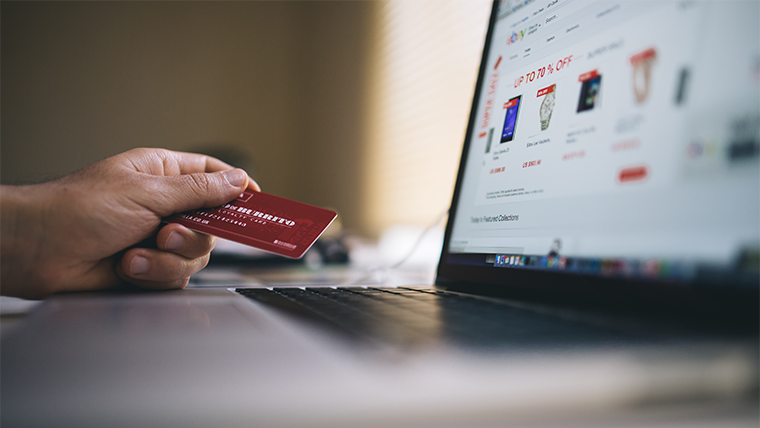
| 

Gone are the days when forging someone else’s signature was the most common form of identity theft, but these days this art of impersonation has found far easier routes and these don’t always involve illegal online operations.
Closer than you think
Hacking or exploiting a computer system is probably the hardest for the crooks to crack. These crimes are often committed when your personal details are accessed through a public Wi Fi connection. Going out for a few drinks after work or treating the family to a Sunday roast could prove far costlier than you think. If you need to go onto the internet and its not your own broadband connection, you should be aware of the risks. Sophisticated cyber criminals can access everything from your bank statements, card details, date of birth and passwords while you are out and about.
Minimise the risk
Despite the internet being a fairly recent invention, most of us use it in some form or another. Some might think that the convenience of it all outweighs the risk, but there have been far too many horror stories of the unsuspecting losing their entire life savings. So, it is wise to find ways of minimising the chance of someone taking advantage of the ease of personal information access.
Cover all bases
When looking at ways perpetrators can plunder your personal details, think outside the box and whilst forging a signature is passé these days, you’d be surprised at how even the most basic ways personal identity fraud can be carried out.
Don’t bin it
After you have finished with your bank statements, utility bills, council tax correspondence and wage slips, don’t chuck them in the bin. Canny criminals can spot a pile of paper through refuse sacks and after a quick rifle through your rubbish, they can have everything from your date of birth to your sort code and account number.
Secure sites
Where possible, ask for paperless correspondence from your bank and from reputable organisations. They provide secure sites and go to great lengths to protect your personal details. If there is any untoward activity on your accounts, then they will take responsibility for any losses you might incur.
To prevent this, choose to have your accounts online with strong passwords to support them. Most banks and reputable organisations have secure sites and if there is any fraudulent activity on your account they will take responsibility for it.
Invest in a shredder
For all those hard copy accounts that you have on file, invest in a basic shredder. These telltale document details can safely be rendered undecipherable in no time at all. Investing in a shredder is a small price to pay for keeping your finances safely out of the way of scammers.
Memorise your PIN
Once you have received a new PIN number in the post be sure to memorise it and destroy it as soon as possible. You would be surprised how many of us keep evidence of our personal identity numbers in our purses and wallets.


